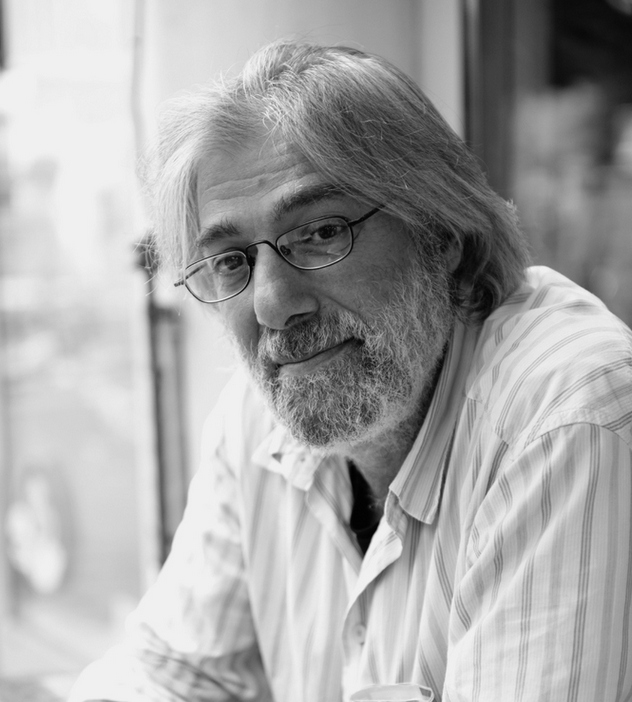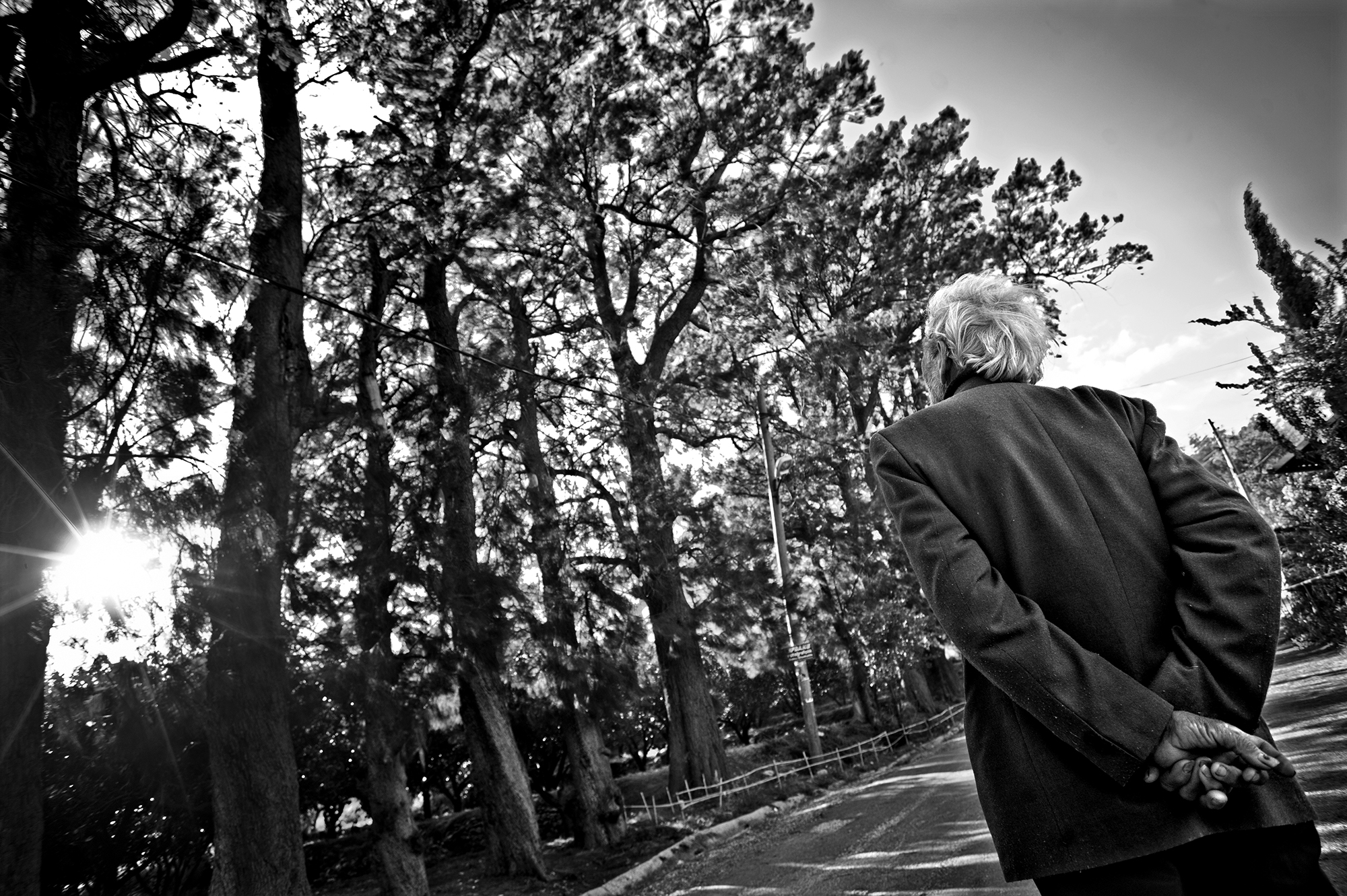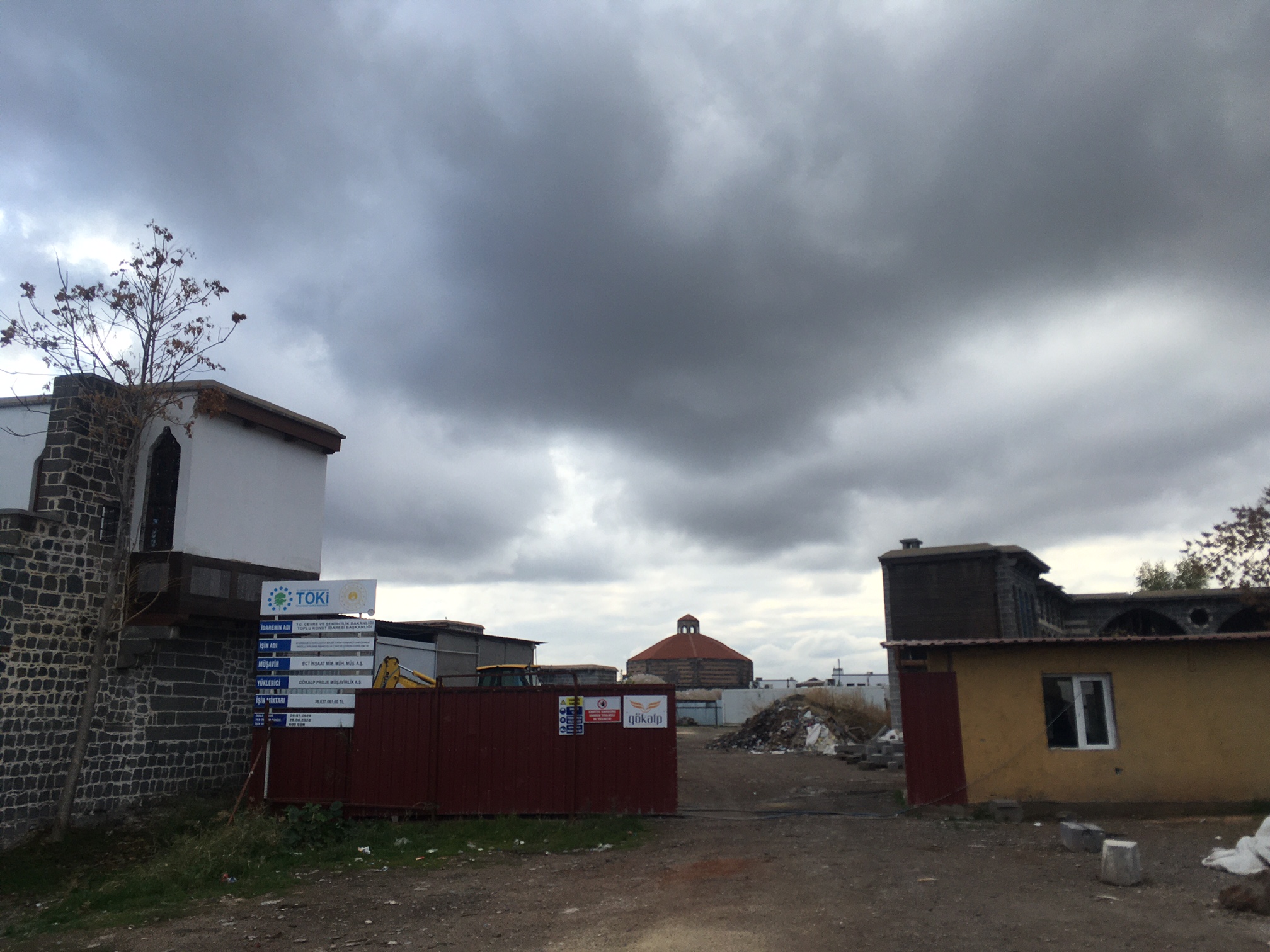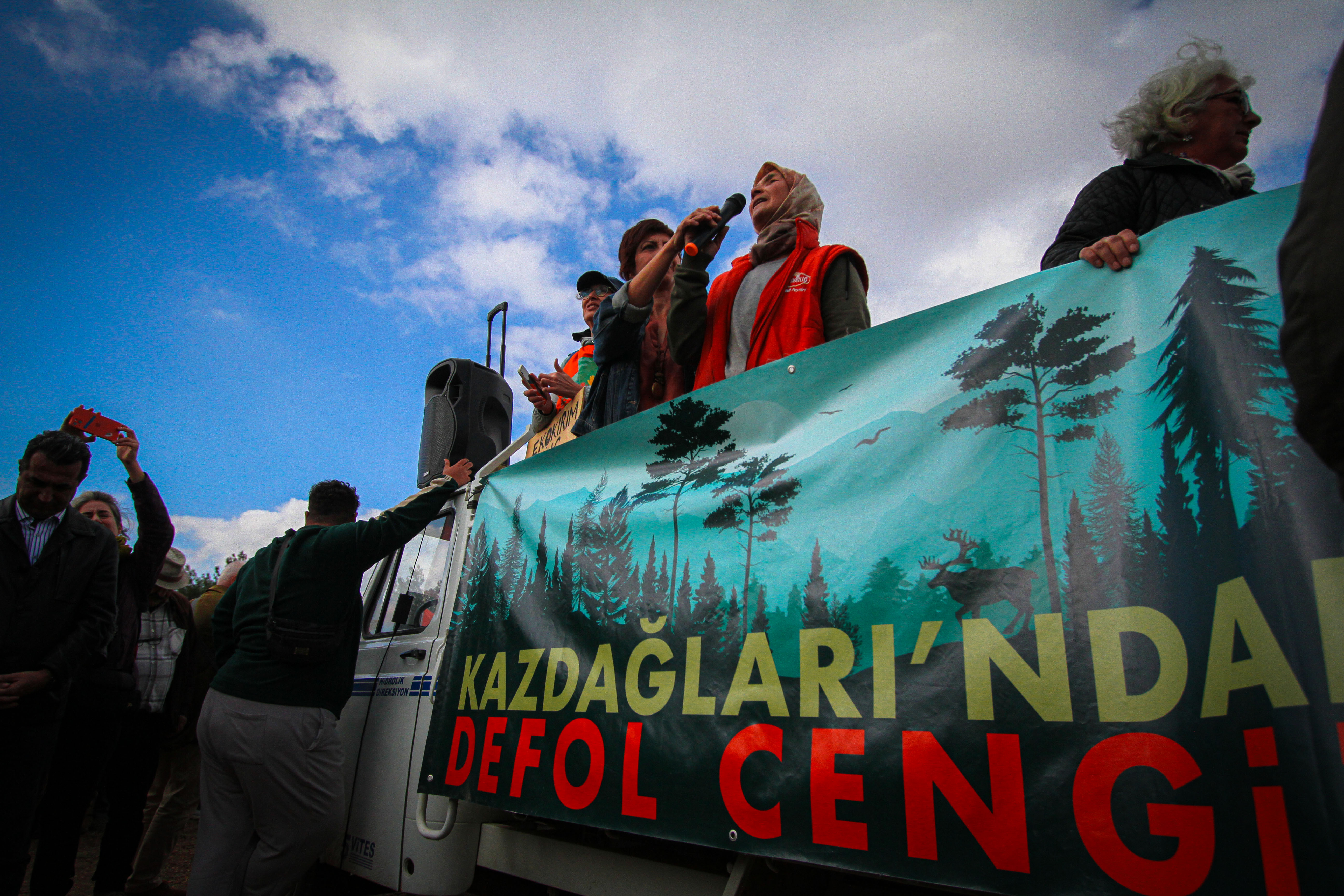Mehmet Uluışık’s story clearly disproves the official claim that ‘archives in Turkey are open to everyone’. According to Uluışık, who has been banned from entering Turkey because of his research on the Armenian and Circassian Genocides in archives, even if this ban were to be lifted, he still would not be able to carry out research since a letter from MİT, the National Intelligence Organization, prevents his entry into archives.
When the “Armenian Question” is discussed, state officials immediately talk about archives. The fact that the archives are open to everyone, and that all documents are accessible, is shown as adequate reason to leave the interpretation of the events of 1915 to historians. However, Mehmet Uluışık’s story completely disproves the official version regarding the archives.
Uluışık is one of many citizens who were forced to migrate to Germany following the September 12, 1980, military coup d’état. Since he did not return to Turkey, he was stripped of citizenship in 1991 on the grounds that he had not carried out his military service. After becoming a German citizen in 1997, he comfortably travelled to Turkey at least once a year – that is, until November 2007.
Uluışık states that he had encountered no problems until, in 2005, he began to collect documents from the Prime Ministry Ottoman Archives (BOA) both for Prof. Taner Akçam’s and his won research. Having asked for documents related to the 1915 Armenian Genocide, Uluışık was questioned by archive workers on his third visit, and was effectively interrogated. Subjected to strange questions like, “Are you Armenian?”, “Do you frequently meet with Taner Akçam?” Uluışık also received death threats from different sources.
When Uluışık wanted to return to Turkey only a week after he had left in November 2007, he was sent back to Germany on the grounds that there was an entry ban to the country in his name. The legal process initiated by Uluışık revealed the source of the ban. At the first hearing of the case he filed at the Administrative Court against the Ministry of Interior, the petition signed by Osman Karakuş from the Ministry as revealed at the court, showed that Uluışık had been considered, in accordance with the Passport Law, “among those who are coming to Turkey with the intention of harming the security and general order of the Republic of Turkey, or with the aim of collaborating with or aiding such persons”. At the second hearing, a petition from the Ministry made things even clearer. According to this petition, the Ministry had received an intelligence memorandum about Uluışık from the Police General Directorate. The views included in this memorandum clearly reveal that his research in the archive caused discomfort to the state: “Information has been received that the said person is carrying out work in the Ottoman archives in order to find support for theses such as; that late period Ottoman administrations, in the Union and Progress Party period and the National Struggle period, provoked Caucasian communities, and particularly Circassians, against Armenians, had Armenians and Circassians massacre each other, and in this manner carried out not only the Armenian but also the Circassian Genocide; and that he carries out his work with financial support he has received from the funds of the Konrad Adenauer Foundation and the Goethe Institute based in Germany.
Uluışık’s appeal to the ban was accepted first by the Administrative Court, and then by the Council of State. So Uluışık thought that his ban from entering the country had been lifted, but met with another surprise when he tried to enter Turkey on 15 May 2013: A new ban had been issued in April 2011. But the real shock was the news he received from his elder sister. Confident that he would enter Turkey, Uluışık had asked his elder sister to go to the archive to request documents on his behalf, so that they were ready for him to examine the next day. However, archive workers, upon hearing the name Mehmet Uluışık, responded to his sister, “He is prohibited from entering the archives”. And when his sister said, “His ban from entering Turkey has been lifted,” they said, “Even if he can enter Turkey, he cannot enter the archives”. Uluışık tried to find out the reason for his prohibition from the archives by contacting acquaintances in official positions in Ankara and found out that a letter sent by MİT, the National Intelligence Organization, to the institution during the term of Prime Ministry State Archives General Director Yusuf Sarınay prohibited him from entering the archives.
Uluışık says, “Until then, I thought I was being banned from entering Turkey so that I wouldn’t enter the archives, so I was shocked to learn that my entry into the archives was already prohibited in every way”. Uluışık does not know the reason for the ban. “If we start talking about it, we could even blame the blowing wind,” says Uluışık, and adds that he won’t make any legal efforts anymore, since he knows that the state is capable of banning him forever.





